Here’s a great article from the founders of Wistia on why setting stretch goals backfires.
“It’s become accepted as conventional wisdom that people are most motivated when their goals are “stretch” goals — targets that lay just beyond the rational limits of what’s possible.
But at Wistia, we’ve found the opposite. Our most ambitious goals have driven our most counter-productive behaviors, like focusing solely on short-term gains at the expense of the long-term. Conversely, our sweet spot of productivity, creativity, and ambition has come when we’ve intentionally set modest, straightforward, and unambitious goals.”
There’s lots of good insights here on getting better results by stretching less.
An important part of our work is in the early meetings with clients when planning events. There’s a tendency for them to set very big goals for meetings. As facilitators, we might feel like going along with this to make the customer happy. But that sets us up for failure and disappointment. Often we suggest it’s better to swap a goal like “agree our new values” for something more like “come out of the meeting with a clearer understanding of what values people care about, and an idea of how to take the process forward.” And when this swap is made, you can feel the relief all round.
We need to be careful of what we call big meeting syndrome. A difficult challenge is identified, so the organisation decides to hold a Big Meeting to resolve it. As it’s so big, it has to be set months ahead so the right people can all come. An important venue is hired and expectations start to build. As the meeting becomes bigger and more important, it also becomes more expensive – and so does the anxiety that it might fail. That anxiety adds to the stress and pressure to prove something useful happens.
Meanwhile, in the whole period leading to the meeting, all sorts of smaller experiments that might lead to incremental progress on the goal are suspended: “We need to have the Big Meeting before we do that.”
When the meeting arrives, the scope for wide-ranging discussions is reduced, and instead a rushed process aims to drive people towards a supposed agreement. Which means either that the meeting conspicuously fails or (perhaps worse) you get what we call a commitment ceremony where everyone pretends to agree to action plans so that they can avoid the discomfort of admitting that the Big Meeting has been a mistake.
Getting realistic about objectives is an important way to avoid Big Meeting Syndrome.
